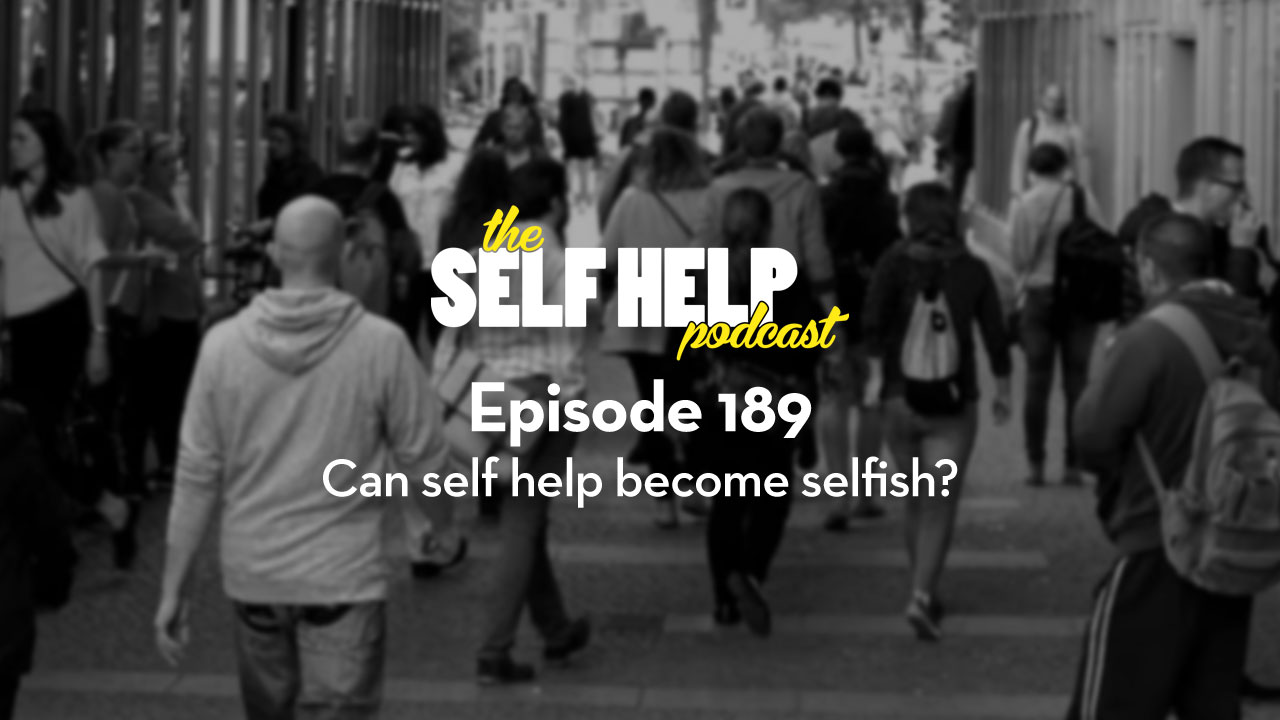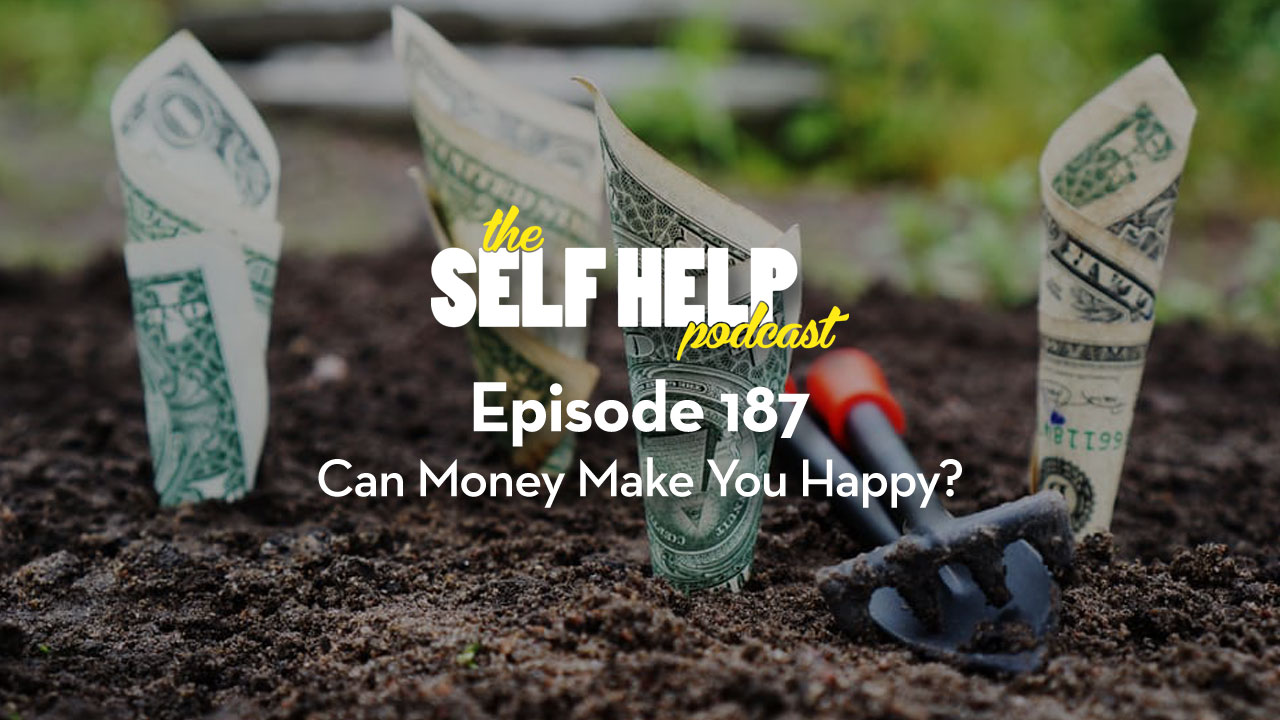Shame just like beauty is in the eye of the beholder, it is one of those things that is driven by the way that we see our selves and the way that we see the world. When a terrorist bomber is brought to court for killing many people, we might expect that they would feel a sense of Shame for the pain and destruction that they have caused. Yet they may be feeling the joy and jubilation of a planned project well executed or that they have just struck a righteous blow for their religion or political beliefs.
Shame comes in many forms. Some will be generated internally while others will be imposed on us from the outside, maybe by the media, teachers, parents, religious leaders and so on. The world may seek to shame us for what we are, who we are or for what we have done. To be truly shamed we have to feel it.
We cannot be shamed without our consent
Donald Trump is the latest public figure to say and do things that many people feel and have expressed, that he should be ashamed about. At some level within himself, Donald may be feel that the things that he is expressing, his beliefs, are valid and justified and so do the many millions who voted him in. The other millions who did not vote for him may feel that he should be ashamed of what is saying and doing but which side is right?
The answers is that the both are right, but from their own point of view. Equally, they are also both wrong from the other point of view.
Shame in therapy
In therapy the shame that people are feeling may have other words attached to it such as guilt or regret. In this sense we might consider several forms of shame that we might be feeling.
Shame of what I did do happens when I can see the error of my ways. It might be that things that I have done, which I am now ashamed about, were intentional and now looking at the consequences I wish I had never done them. Maybe I can no longer look other people in the eye and feel embarrassed shame.
The shame of what I didn’t do happens when I realise that I should have done something that might have helped or saved a situation or another person. These feeling of having failed or let others down may be internalised or they maybe the subject of public concern. I have worked in many situations where a person has been sacked or prosecuted for failing to carry out acts under health and safety situations that led to harm, potential or actual, of others, even to the point of death.
There is a song that I always think about as an expression of the shame felt by a man concerning what he didn’t do
You were always on my mind
This is an expression of shame as regret.
The shame of what I think or feel is something that can haunt people. Perhaps we find ourselves wishing others harm and despite our beliefs we keep finding ourself dwelling on perhaps horrible images or intentions. In Buddhism the thought, because it is the precursor of the action, is seen as the same as the action.
The thought is the same as the deed
The concept that living Dharmically, or rightly, leads to positive Karma, or outcomes, is in Buddhism taken to the level of thought.
Issues of depression or anxiety can often be the result of ruminating on the past or the future and not living rightly in the present. Those people who believe in, and live by the philosophy of Dharma and Karma, often see it as being about physical acts and physical consequences. Actually there are karmic consequences at every level of our being that have a direct effect on who we are and how we feel.
Overcoming shame
The ability to overcome shame involves firstly the awareness to see what is really going on. Is the shame that we are feeling to do with what other people are imposing upon us or is it generated from within us. These are the concerns dealt with in step one and two of the live in the present course and philosophy.
When we live in a Mindful present, when we are truly in the moment, the effects of unresolved past do not affect us. It may be that we need to let go of past attachments to the actions of our selves or others so that we stop reliving what was or what did happen.
Forgiveness involves removing our attachment to what other people did to us. Forgiveness is a difficult concept for many people to enact because they see it as justifying the actions of others as though we are saying that what they did was ok. If you are the subject of abuse you may well feel shame for what you did, what you were made to do. Or even the fact that you felt the need to keep it all secret, often because of the ‘shame’ of other people knowing and for fear of what they might think. When you are feeling this type of shame sanity comes from forgiving those that have done us wrong. Or, if forgiveness is too much to consider, think of it as simply letting go of the negativity that you are feeling and holding, give the emotions back to the perpetrator.
Rumination of failure involves projecting into the future and feeling the results of failures that may never happen, right now in the present. Perhaps we are required to make a presentation or take an exam and we have already decided that we will be useless and fail at the task. In this case we have written a script that ensures our failure so that we can feel shameful of who we are and what we are unable to do in the future right now in the moment. When we do this we often become stuck because ‘what is the point of even trying’.
The shame of addiction is when people internally, or externally, or both, don’t want to be doing whatever it is that they may be doing so they try to hide their addiction from others to avoid their own feelings of shame. This maybe substance addiction, gambling addiction, porn addiction, perversion and so on. The shame is in the fear of being found out and the consequences of being found out so it all becomes a guilty secret driven by shame.
If you have done things that you now wish that you had or had not done then face it. Do what you can to repair the damage, apologise and if necessary seek forgiveness and then let go and get on with your life having learnt and grown from the experience.
If things that been done to you have left you with shame, forgive the perpetrator, let go of any negative attachments that are holding you back. Learn the lessons that life has taught you and move on.
Shame and self esteem
If your shame saps your self esteem and makes you feel unworthy in any way then get some therapy and go through that emotional audit that allows you to re-evaluate who you are, give your self new values and esteem, love yourself and be happy.
Take care and live in the present
Sean x






